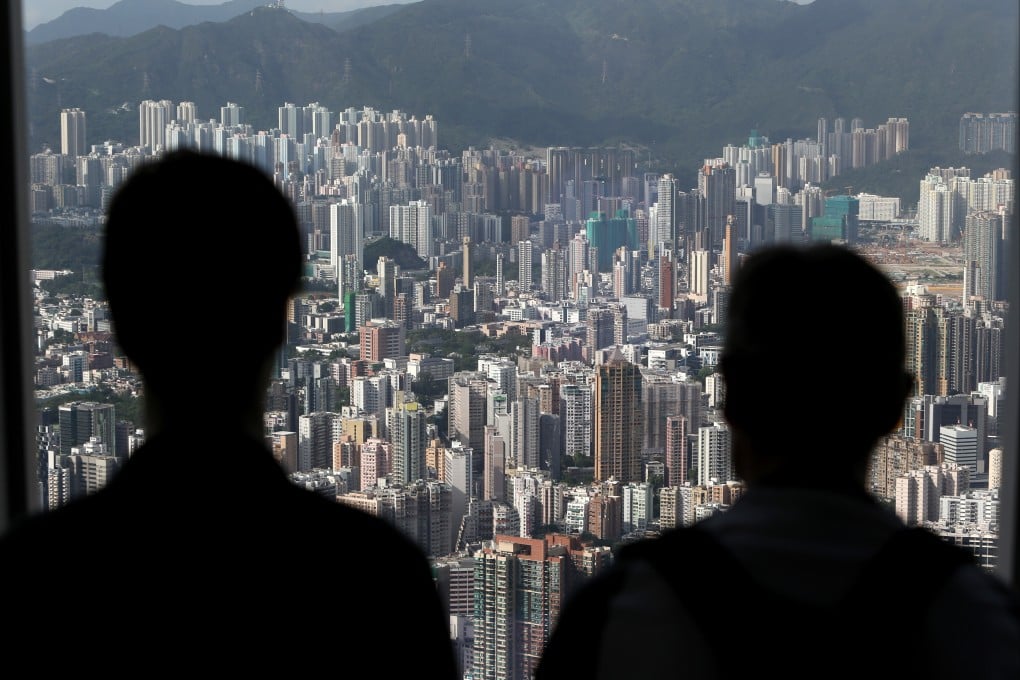Concrete Analysis | Subsidised homes for Hong Kong’s young couples would help solve housing crisis
- The mounting living costs in Hong Kong make it very difficult for locals to save enough money to afford property
- Providing subsidised housing for young couples can effectively help disadvantaged households in Hong Kong and alleviate poverty

In early December, the Economist Intelligence Unit (EIU) released the “Worldwide Cost of Living 2021” report.
Hong Kong, which ranked first last year, fell to fifth place below Zurich by end of 2021, while Tel Aviv in Israel became the city with the highest cost of living in the world for the first time, mainly because of the soaring local exchange rate and the sharp rise in prices of commodities and real estate, especially residential buildings.
The more developed a city is, the higher its cost of living will be, meaning that all basic living necessities become a heavy burden to the locals in the city.
Many fear that the impact of the variant could eventually spread to other financial sectors, ultimately diminishing the global economic recovery progress.
